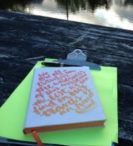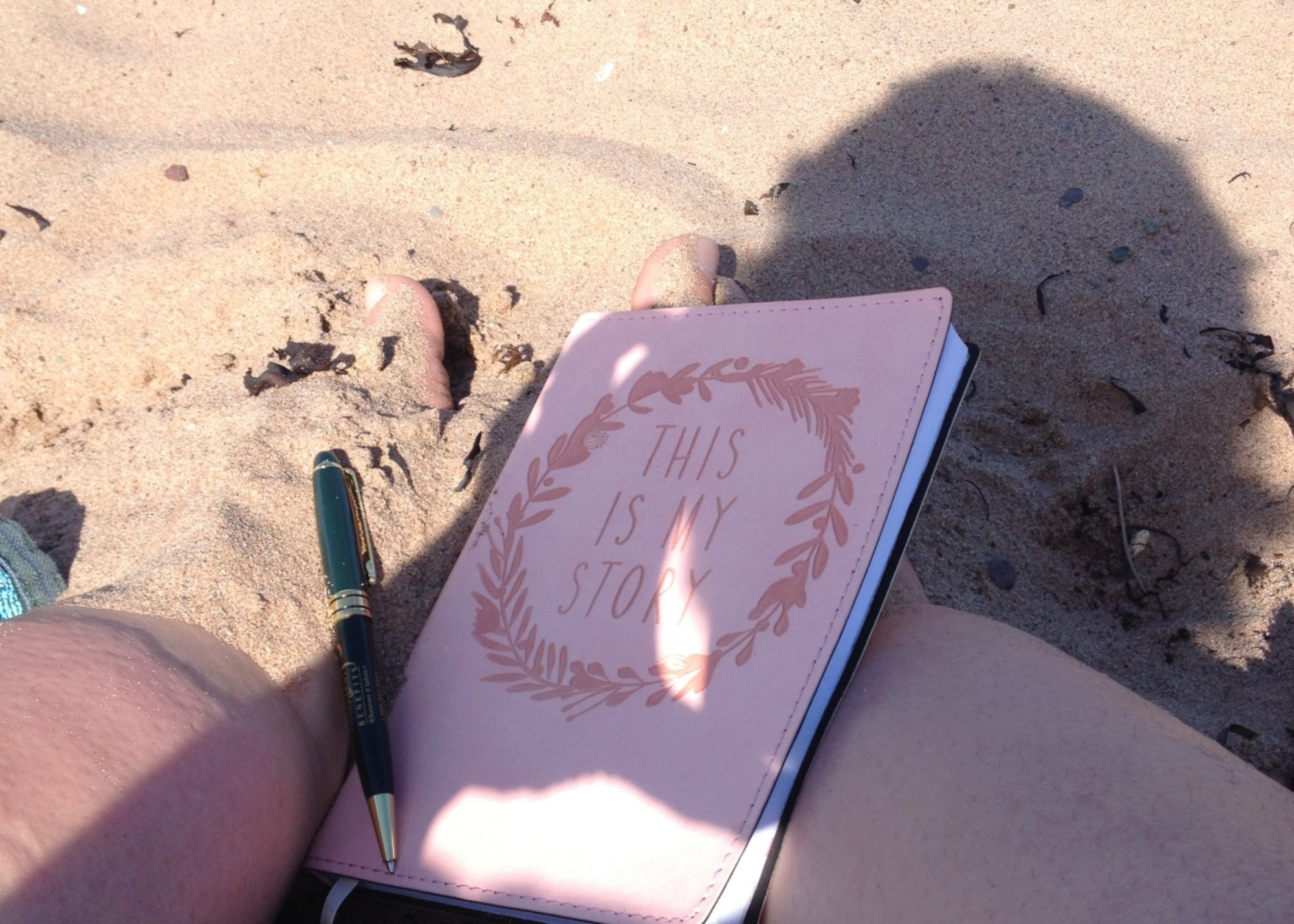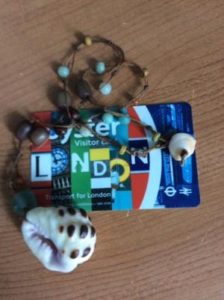
I once promised my muse I could teach him to play Beethoven’s Ode to Joy on the piano: five notes in five minutes. We will test that theory, when he makes the time to try it. Finding time to do anything today has become a nightmare of schedules, not to mention a cash cow for those in the organizer business. As writers, particularly those of us raising children and working day jobs to feed them, ‘finding time to write’ has become a well-worn phrase full of good intentions and shy of results. After a lifetime of writing for hire, I am now rediscovering the joy of writing for myself, no word count or deadline attached. That also means no money attached, which gets it pushed down my list right around ‘paint the kitchen’ and ‘build a flower garden in the front yard’ … nice-to-do’s which I may not live long enough to see completed.
Five Ways to Find Time
I have finally said Enough is Enough. I will get my Book Five ready for release in 2020. I will do it without selling my children or quitting my job, because on a dark day nobody would take them off my hands, and when I am truly honest with myself, neither of those areas in my life are to blame. It’s all up to me. Here are the five ways I found more time to write:
1. Own your choices
All of them. Granted, some choices are easier to make than others. Faced with cooking supper for hungry kids or watching Star Wars for the 37th time during movie night during what could be prime writing time, I will in this moment choose family because I can. But I also choose to distract myself with sorting my sock drawer, shredding 10-year-old receipts and watching fish swim in our aquarium (and before you judge too harshly they are real fish in real water, not a screen saver, and are absolutely fascinating creatures). Those moments add up to 30 minutes or even an hour of good writing time. When I feel that fidgety urge to engage mindlessly, I now stop, drop the recycling bag and pick up my notebook
2. Allow vs Find
That’s right. You are one verb from unlocking a universe of time and space. I have realized that all the time I need is around me nearly all of the time. What I needed to do is stop searching and start allowing: pausing, breathing, reframing. This is not magic or imagination. This is seeing the world as abundant rather than scarce. Trained to live a ‘productive’ life measured by the size of houses, bank accounts and bulging calendars, we have become most adept at filling space with stuff: clothes, electronics, appointments, errands. Take a look at my shower: for five of us there are enough bottles, soap dishes and loofahs to shampoo, condition and scrub a small city. Do you really want time to write? Then allow yourself that time. An hour less on the mobile device, 15 minutes of your lunch hour … you and your writing are worth it.
3. Sort into Projects
There are days when 2,000 words will flow from the fingertips as easily as air from the lungs. Other days, I have to rewrite a school note three times for it to make sense. To keep writing every day, I view my manuscript in layers and pieces that require tasks fitting wherever my brain is – or isn’t – in those moments, and the number of moments I have available. A free afternoon? That’s when I do my deep-dive contemplation and scene sketches. Sitting in the school parking lot? I have scene prompts on my phone, which in 10 minutes can turn into a decent chunk of chapter. Can barely get dressed in the morning? It’s a day to be gentle, when I sort through my journals and notes, toss anything o longer needed, sticky-noting or highlighting phrases that attract. Rather than the blanket ‘I don’t feel like it’ or ‘I don’t have time’, I have tasks at the ready rather than excuses.
4. Let it suck
The writing, that is. Writing is not like peeling an orange … words seldom flow in a single, continuous line. New writing often emerges disjointed, awkward, jagged. It looks nothing like you imagined and sounds like someone else’s story, until you review, edit, and polish it. None of those things can happen until the writing is out in the open. I too often cling to ideas until they fade or rot because I want the paragraph, or the entire book, to flow effortlessly in the first draft. If I had written my first draft when the ideas first came, my book would have been done years ago.
5. Find a Buddy
NaNoWriMo has been brilliant at getting novels everywhere out of minds and onto paper or screens where readers can enjoy them. Last winter I teamed up with my local library – I spend one morning a week there, an hour for me to write, and an hour I open up as a drop-in for anyone wanting to talk about writing. I have reviewed short stories, poem and novels in progress. I have chatted with people who write for hire, for pleasure, and for healing. Every conversation brings me closer to my own writing and the routine gives me dedicated writing time – an oasis in the sea of awesome chaos that is my life right now.
It’s in there
The time to write is there, just as your story is there. Some slight adjustments can turn a door into a gateway open any time you choose it.
Jennifer Hatt is author of the Finding Maria series.
She is cofacilitating a Sacred Space writing workshop in Oahu, Hawaii for writers of all stages. Learn more at https://retreatinhawaii.com/writing-retreat




